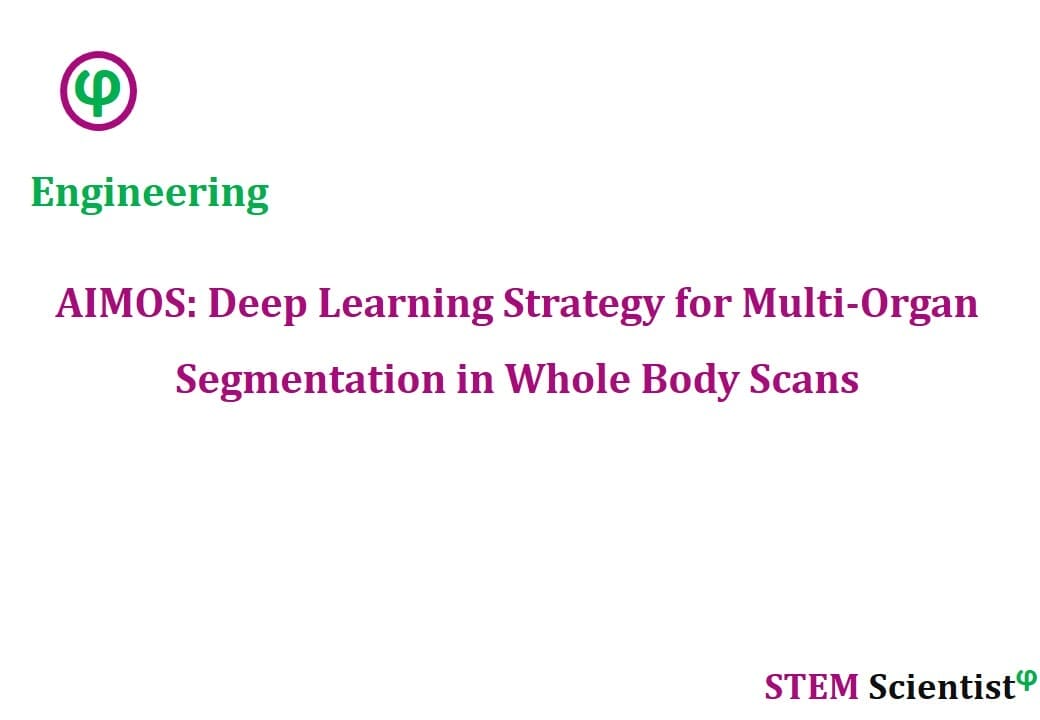
The following study was conducted by Scientists from Department of Informatics, Technical University of Munich, Munich, Germany; Center for Translational Cancer Research (TranslaTUM), Klinikum rechts der Isar, Technical University of Munich, Munich, Germany; Institute for Tissue Engineering and Regenerative Medicine (iTERM), Helmholtz Zentrum München, Neuherberg, Germany; Institute for Stroke and Dementia Research (ISD), University Hospital, LMU Munich, Germany; Graduate School of Systemic Neurosciences (GSN), Munich, Germany; Berlin-Brandenburg Center for Regenerative Therapies, Charité, Universitätsmedizin Berlin, Berlin, Germany; Munich Cluster for Systems Neurology (SyNergy), Munich, Germany; Institute for Advanced Study, Department of Informatics, Technical University of Munich, Munich, Germany; Department of Quantitative Biomedicine, University of Zurich, Zurich, Switzerland. Study is published in Nature Communications Journal as detailed below.
Nature Communications; Volume 11, Article Number: 5626 (2020)
Deep Learning-Enabled Multi-Organ Segmentation in Whole-Body Mouse Scans
Abstract
Whole-body imaging of mice is a key source of information for research. Organ segmentation is a prerequisite for quantitative analysis but is a tedious and error-prone task if done manually. Here, we present a deep learning solution called AIMOS that automatically segments major organs (brain, lungs, heart, liver, kidneys, spleen, bladder, stomach, intestine) and the skeleton in less than a second, orders of magnitude faster than prior algorithms. AIMOS matches or exceeds the segmentation quality of state-of-the-art approaches and of human experts. We exemplify direct applicability for biomedical research for localizing cancer metastases. Furthermore, we show that expert annotations are subject to human error and bias. As a consequence, we show that at least two independently created annotations are needed to assess model performance. Importantly, AIMOS addresses the issue of human bias by identifying the regions where humans are most likely to disagree, and thereby localizes and quantifies this uncertainty for improved downstream analysis. In summary, AIMOS is a powerful open-source tool to increase scalability, reduce bias, and foster reproducibility in many areas of biomedical research.
Source:
Nature Communications
URL: https://www.nature.com/articles/s41467-020-19449-7
Citation:
Schoppe, O., Pan, C., Coronel, J. et al. Deep learning-enabled multi-organ segmentation in whole-body mouse scans. Nat Commun 11, 5626 (2020). https://doi.org/10.1038/s41467-020-19449-7


